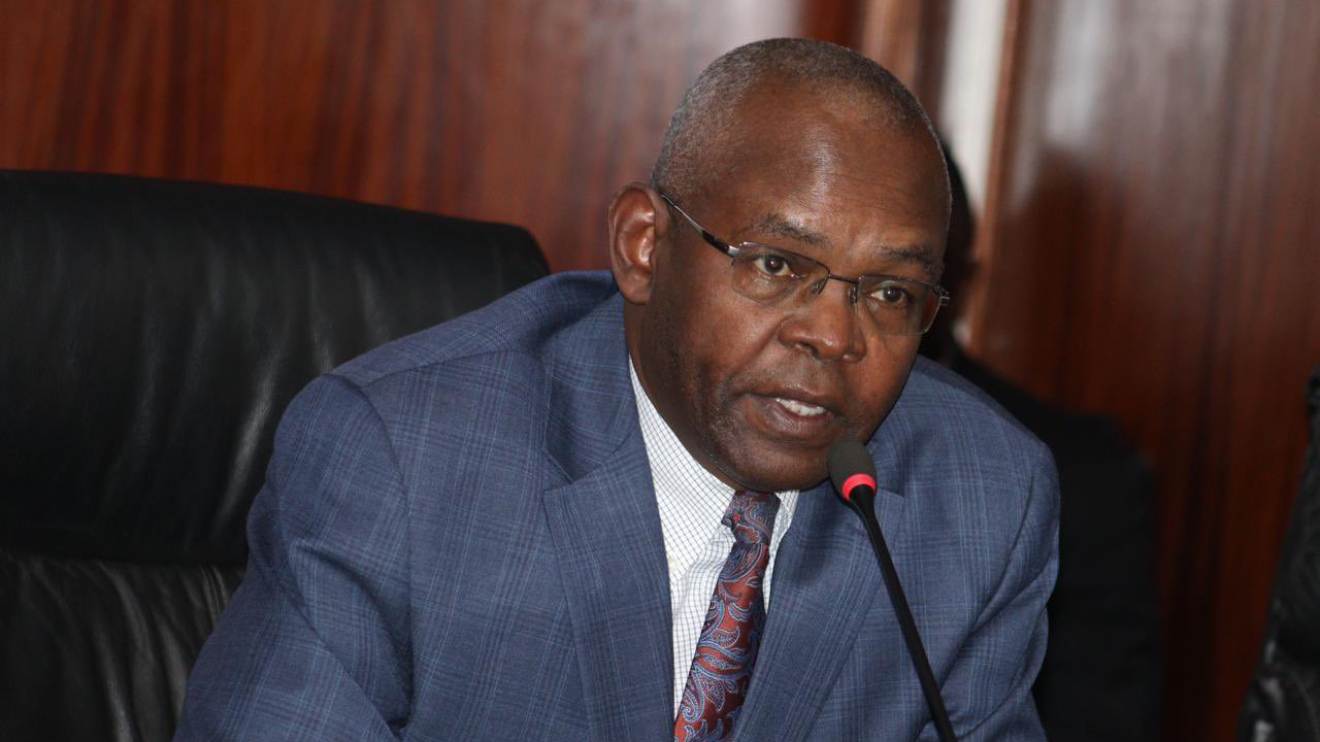The Central Bank of Kenya (CBK) Governor Kamau Thugge faced intense scrutiny from the Parliamentary Finance and National Planning Committee on Tuesday, as lawmakers sought answers regarding the significant depreciation of the Kenyan shilling against the US dollar.
The rate, which as of Monday evening stood at Sh150 against the greenback, prompted a rigorous inquiry into the underlying causes and potential solutions to this pressing issue.
Thugge, during his appearance before the Parliamentary Finance and National Planning Committee, explained several key factors contributing to the shilling's devaluation while emphasizing the excessive demand for the US dollar as a predominant factor.
Attributing the shilling's devaluation to a surge in demand for the US dollar, but acknowledging several structural issues contributing to the problem, Thugge defended the central bank's position.
"There is an excess demand for dollars. In August 2023, the supply exceeded the demand, and this is one of the structural issues to give a larger supply of dollars over time. In June - September, there was a slowdown in depreciation because of this increased supply," Thugge stated.
Read More
Furthermore, Thugge advocated for the implementation of structural reforms designed to ensure a sustained balance between the supply and demand of foreign currency.
He stressed that an immediate reduction in the exchange rate is not feasible, stating, "The rate cannot be reduced in a month; we need a continuous system that ensures sustainability."
He also pinpointed a decline in international reserves as a factor that contributed to the overvaluation of the exchange rate.
In 2022, the aggressive increase in interest rates, aimed at curbing inflation, adversely affected the foreign exchange rate, according to Thugge.
To alleviate the strain on the exchange rate, Thugge proposed diversifying income sources.
He urged Kenya to invest in alternative forms of tourism, specifically promoting medical tourism within the region to bolster foreign exchange reserves.
He noted that Tanzania had experienced superior gains in travel receipts, with Kenya generating Sh1.3 billion in returns during 2022-2023.
"We need to invest in Medical Tourism regionally to increase the flow of reserves and foreign reserves. In 2022-2023, Kenya had Sh1.3 billion in returns, with Tanzania making double in terms of travel receipts," Thugge noted.
Thugge also called for an intensified drive to attract foreign investors through direct foreign investments, highlighting that Kenya currently attracts 1.7 per cent of its GDP from foreign investments.
Additionally, he revealed a notable reduction in imports, which decreased from 13.2 per cent to 11.4 per cent, and a corresponding increase in exports.
This shift is seen as part of the strategic plan to encourage exports and curtail imports through the exchange rate.
However, Thugge conveyed that exports may remain static this year due to foreign exchange challenges, primarily stemming from a slowdown in production within Europe.
These external factors have contributed to the languid pace of the exchange rate's recovery.
In anticipation of financial reforms and debt financing discussions, Thugge announced that the CBK will meet with the International Monetary Fund (IMF) in the coming week.
"We expect to get 400 million dollars; how much we will get, I don't know, but it's on the table. Expect Sh750 million from the World Bank by March next year. We have requested additional financing, an extra Sh530 million expected," Thugge disclosed.
He further clarified that these financial arrangements do not constitute additional debt but rather aim to replace expensive debt with more affordable options.
The exchange between Governor Thugge and the parliamentary committee shed light on the complexities of Kenya's exchange rate challenges and the steps being taken to address them, emphasizing the importance of sustainable structural reforms and diversification of revenue sources.












